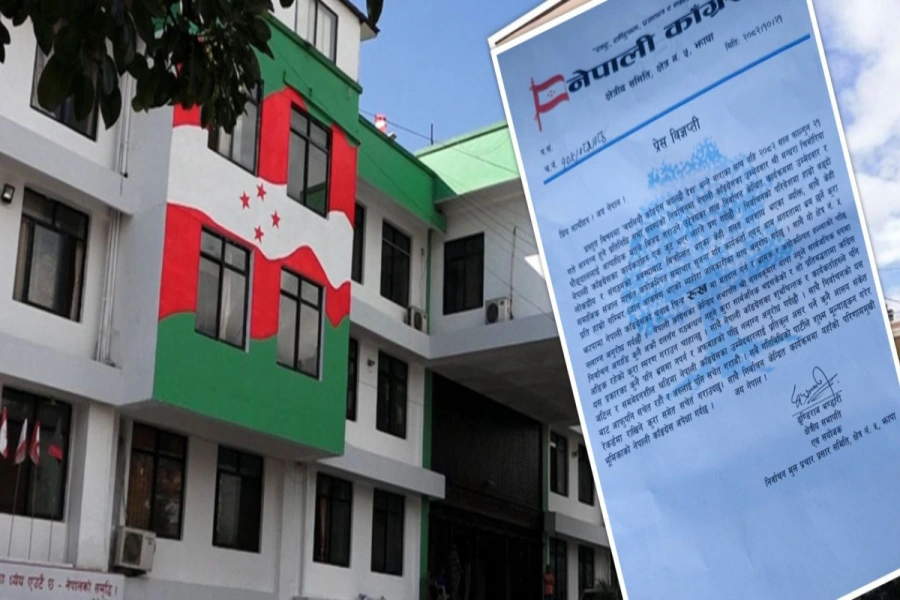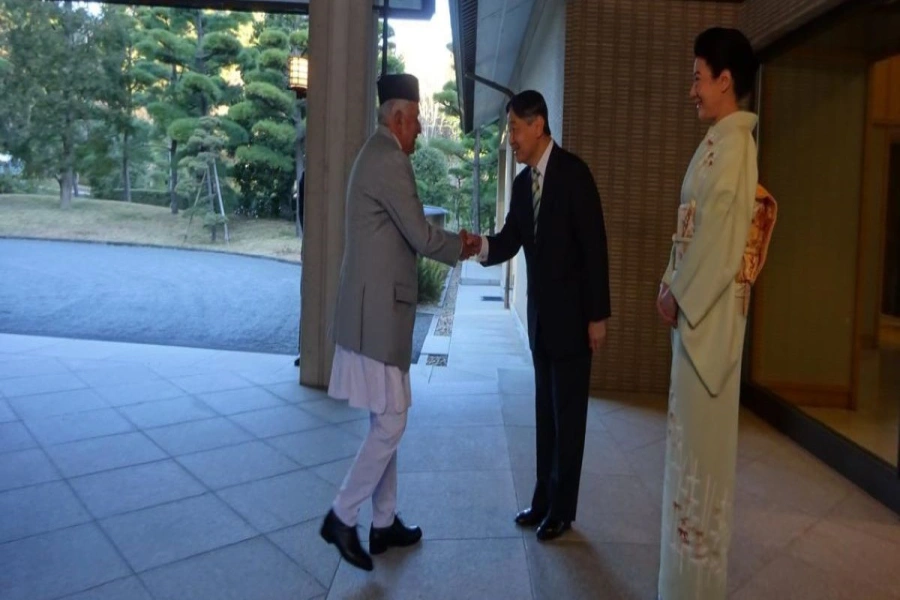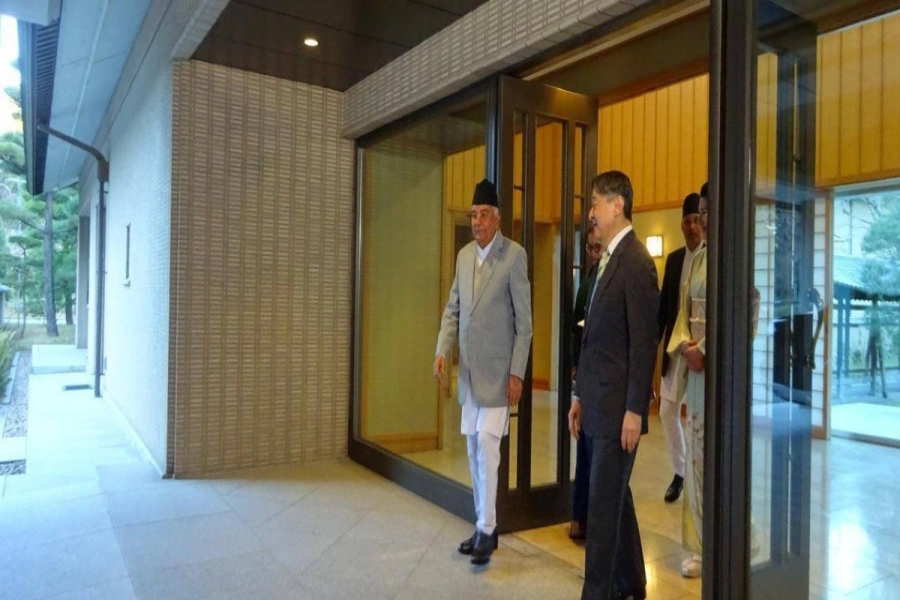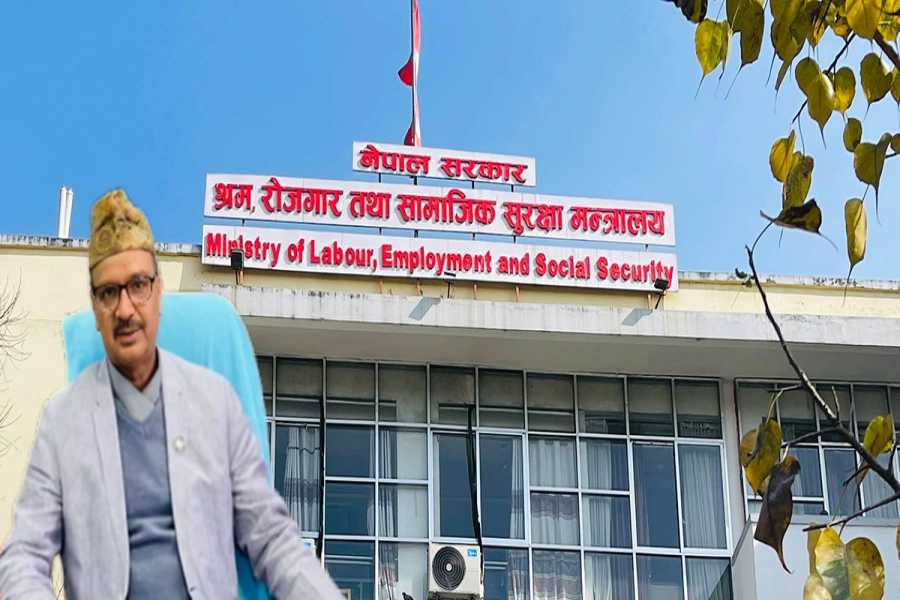Disaster awaits any region that is helpless to shape its own future
CAIRO: A series of startling events in November revealed the abysmal state of affairs in the Arab world. The Lebanese prime minister announced his resignation abroad but reversed the statement later. A missile was launched from Yemen toward Saudi Arabia’s capital, Riyadh. Saudi Arabia’s leadership carried out a major anti-corruption campaign that affected dozens of high-profile personalities. Egypt, meanwhile, experienced its worst terrorist attack in living memory, with more than 300 civilians killed and injured. Video footage of alleged slave auctions in Libya underscored the continuing chaos there amid the complete breakdown of the Libyan state.
Military victories against the Islamic State and a rapprochement between Palestinian factions in Gaza and the West Bank have done little to ease a collective sense of anxiety in the region. Nor have these positive developments inspired much confidence that the Arab world will somehow pull itself back from the edge of the abyss. Foreign interference has become routine in Syria, Lebanon, Iraq, and Yemen. And ongoing debates over identity politics and borders in the Levant are a prelude to the grave, fundamental challenges ahead.
In fact, the situation in the Middle East is not surprising, given that in recent years no Arab country has led attempts to resolve the ongoing conflicts in Libya, Syria, and Yemen, let alone address the Palestine-Israel issue. In many of these conflicts, foreigners have had far more influence than Arabs.
Homegrown problems abound
Gardening My Abyss

Historically, the Middle East has been the target of numerous foreign invasions, from the Crusades to European colonialism. Its natural resources have been greedily usurped, and it was a theater for proxy wars during the Cold War. Even today, Arab territories remain under occupation.
But while there are many reasons to blame foreign powers for the region’s parlous state of affairs, blaming others—or even one another—will solve nothing. After all, the Arab world has many homegrown problems, too, including inefficient and ineffective governance, unholy alliances, and undeveloped national capacities.
Disaster awaits any region that is helpless to shape its own future, in which a majority of citizens feel disenfranchised. Though the Arab world is traditionally conservative, almost 70 percent of its citizens are below the age of 35, and young people suffer from the highest rates of unemployment in most countries. This constitutes not only a tremendous waste of resources, but also a serious long-term sociopolitical problem. And yet it is just one of the many domestic challenges facing the region.
Arabs must take charge of their own agenda, and become the primary force defining their future and that of their countries. They should, of course, continue to engage with the outside world and strengthen their strategic relationships and alliances. But they also must become less dependent on others.
For starters, the region’s governments need to develop their own national-security capacities, to defend against non-existential threats and hegemonic expansionism. This, in turn, will enhance their political influence, and give them more diplomatic tools for addressing regional problems and preventing military conflicts.
Moreover, Arabs must defend their national identities. The Middle East’s nation-state system is not perfect, but it is far better than religious or ethnic sectarianism, which threaten to destabilize the region even further. To avoid that outcome, the region’s existing nation-states will need strong institutions to provide for efficient governance and social inclusion. Unfortunately, most Arab countries’ institutions are nowhere near being able to meet this imperative.
Reform or die
Looking ahead, Arabs should recognize that domestic reform is the best way to prevent foreign interference and defend national interests. The Arab awakenings over the last few years revealed a centrist middle-class yearning for change. Opportunistic parties tried to benefit from the turbulent environment created by sudden change. But this does not negate the fact that these movements were a response to perpetually bad governance and a failure on the part of Arab leaders to pursue gradual reforms.
Arabs also need to give themselves a larger variety of economic, political, and security options, so that they can adapt to changing circumstances. The world is no longer bipolar or Eurocentric. In fact, it is the Westphalian state system itself, not just the postwar geopolitical paradigm, which is being tested by rapid technological, economic, and social changes.
Lastly, the Arab world needs to confront regional hegemonic attitudes and the illegitimate occupation of Arab lands. Solutions to current problems must respect people’s aspirations for statehood and sovereignty, while going beyond tactical or transactional approaches that provide only short-term relief. Ultimately, any policy that fails to protect basic rights will not succeed.
Arab countries, individually and collectively, will need a fully formed strategy to confront existential foreign and domestic threats to their sovereignty and security in the coming years. It is high time for Arab leaders to outline a vision for the future of inter-Arab relations, and a plan for engaging with their non-Arab neighbors on regional opportunities and challenges. Last but not least, Arab leaders must also explain how they will provide better domestic governance for their people. If the Arab world wants to have a say in shaping its own future, it cannot remain complacent in the present. Its leaders and people must start planning now.
The author is a former foreign minister of Egypt
© Project Syndicate 1995–2017






































